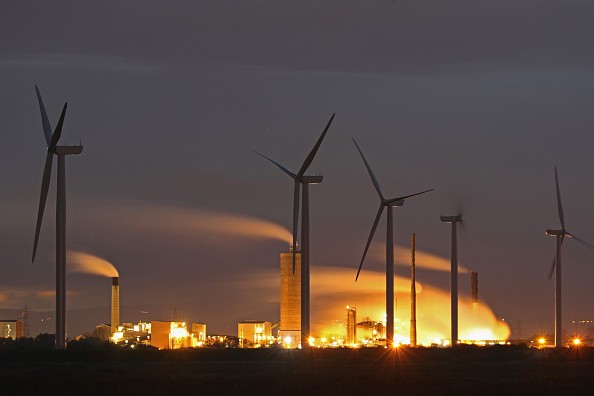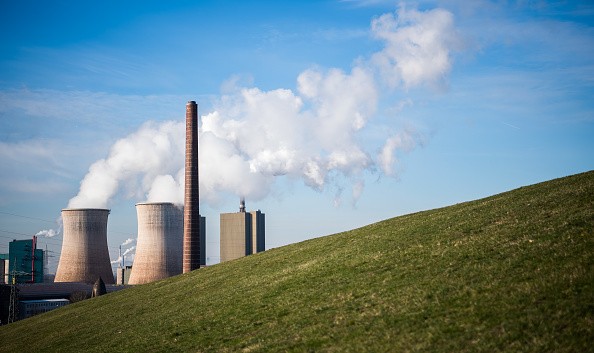Current pledges by the United States and other nations could assist in capping global warming at 3.6 Fahrenheit (2 degrees Celsius) towards the end of the century, but only if attempts to reduce greenhouse gas emissions to "net zero" by 2050 is achieved, experts said Tuesday.

Average Rise in Temperature
Over 190 countries concurred six years ago in Paris to maintain the average rise in temperature below that point - ideally no greater than 2.7 F (1.5 C) - by 2100, in comparison to pre-industrial times, to prevent serious harm to the natural world and humans.
The Climate Action Tracker, composed by a group of researchers who convert targets and actual emissions into the estimation of temperature, predicts that the world is presently set to overshoot the accord of Paris's less aspiring goal by 0.9 degrees.
Niklas Hoehne of the New Climate Institute, one of the authors of the study said: "That's still disastrous climate change, a condition that is basically uncontrollable and which we have to keep away from by all means." By involving the current proposals from governments in their estimation, researchers discovered the estimate reduced to 2.4 C - an elevation of 0.2 C on the past optimistic forecast the group carried out in December.
New Climate Goals
The current ambitious new climate goals of U.S. President Joe Biden contributed remarkably to the revised estimate, together with China, the European Union, Britain, and Japan. Hoehne said if 131 countries that form nearly three-quarters of global emissions really meet their pledged or conversed about "net zero" goal, then the 2-degree target could be achieved. This would need further pledges though, basically halving global emissions in 10 years to come.
The estimate that was updated was disclosed this week ahead of a virtual meeting Germany hosted to converse further on international attempts to curb global warming.The environment minister of Germany said the Petersberg Climate Dialogue, which brings representatives from around 40 nations together, will focus on settling several technical problems in the run-up to this year's U.N. summit that will be held in Glasgow in November.

International Climate Policy
Svenja Schulze said more assistance to help countries that are poor prevent and adapt to climate change would also be talked about. Countries that are rich have failed to make available the $100 billion dollars a year they accepted to provide by 2020, much to the vexation of nations that are still developing.
The gathering is one of the final chances for Chancellor Angela Merkel to drop her mark on international climate policy. The long-time ruler, who isn't contesting again for the upcoming national election of Germany, has encountered criticism for failing to push through difficult emissions cuts domestically during the time of her four terms in office.
For more news, updates about climate change and similar topics don't forget to follow Nature World News!
© 2025 NatureWorldNews.com All rights reserved. Do not reproduce without permission.





